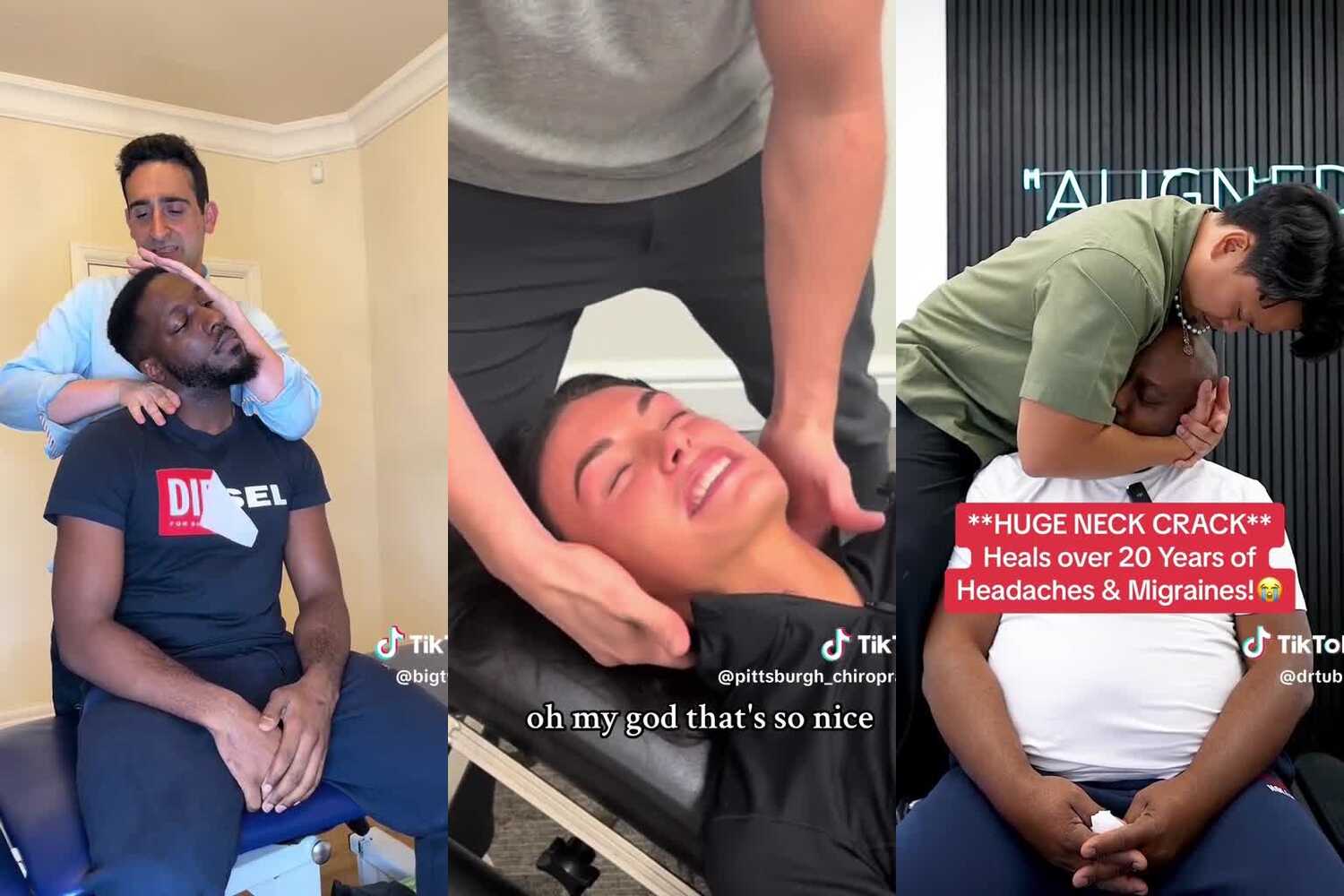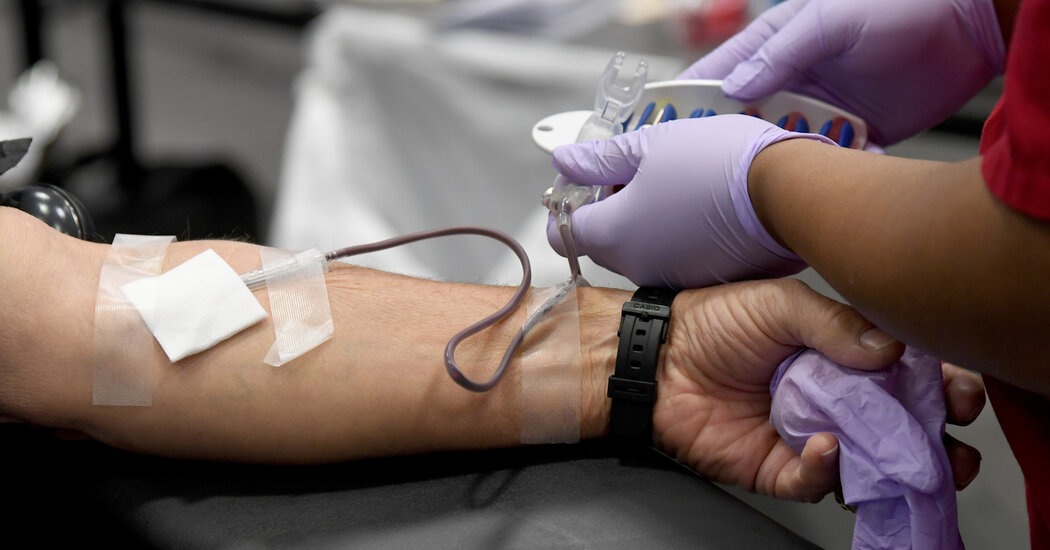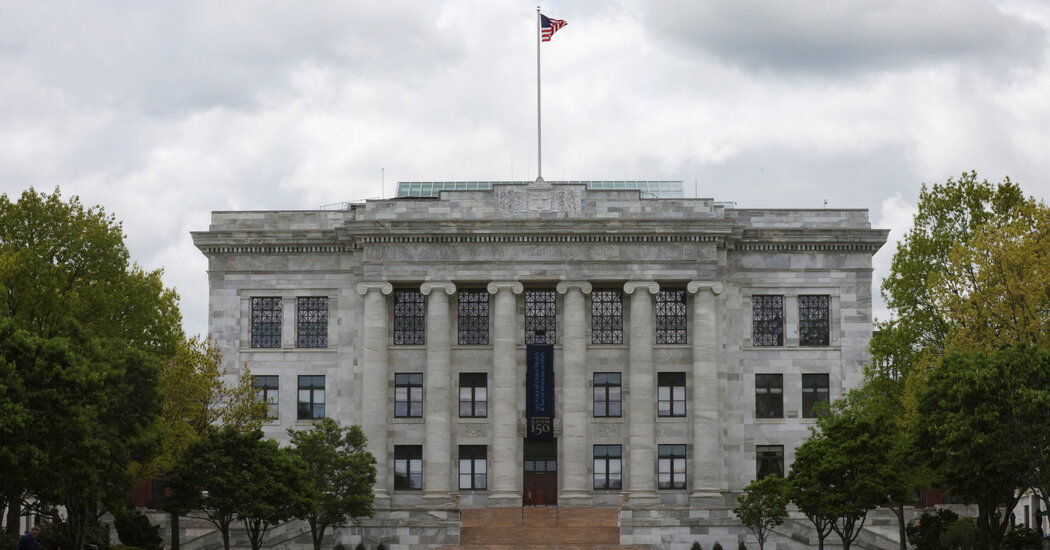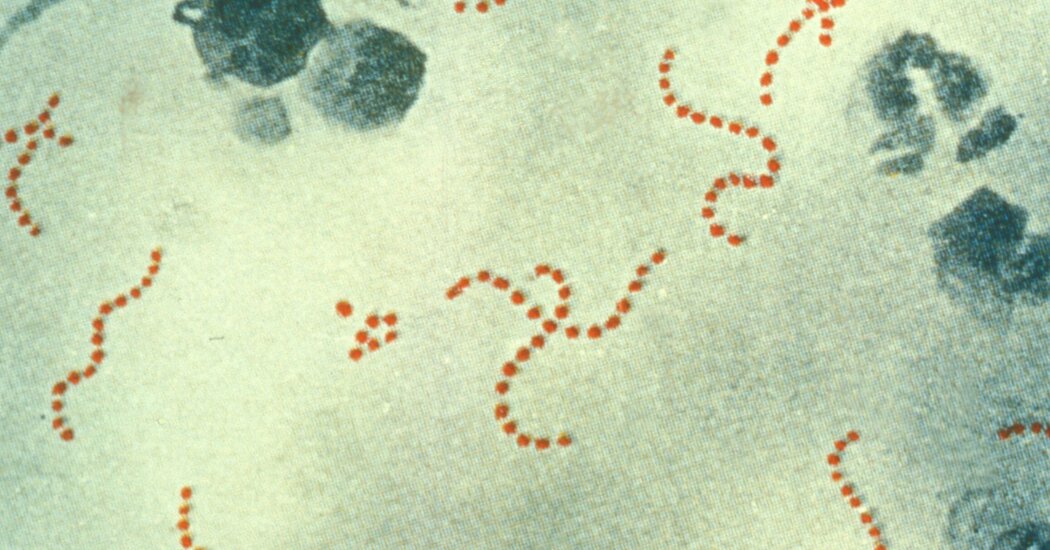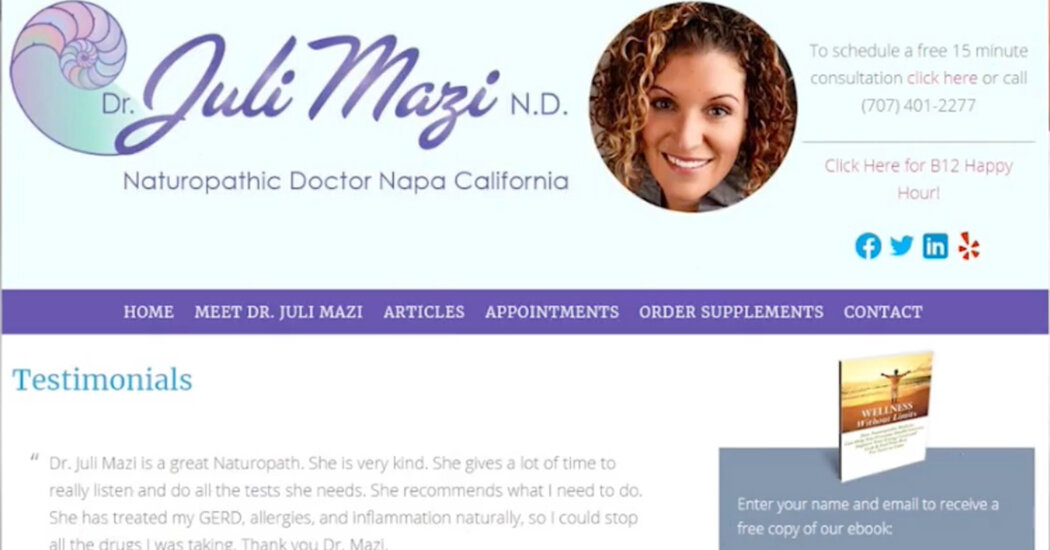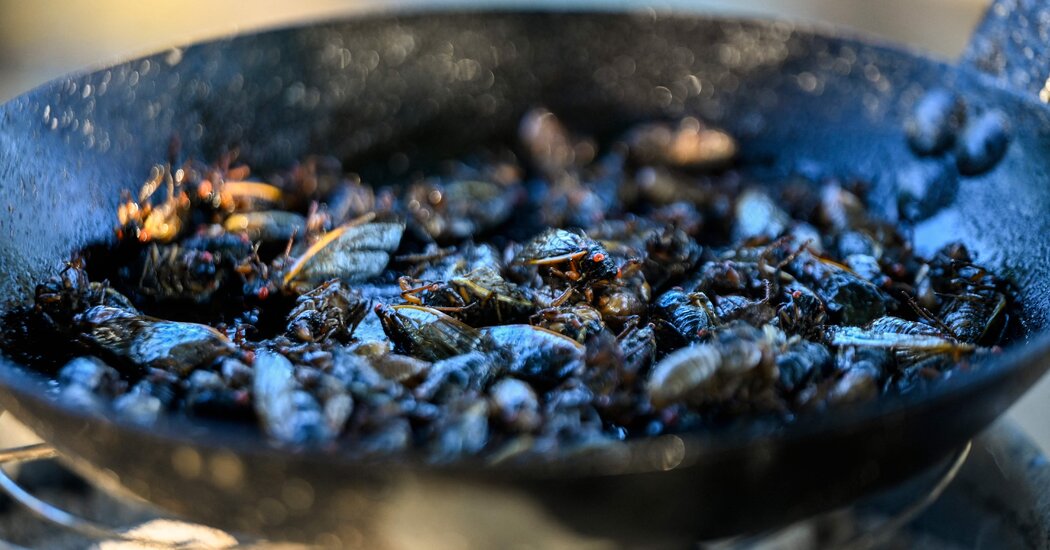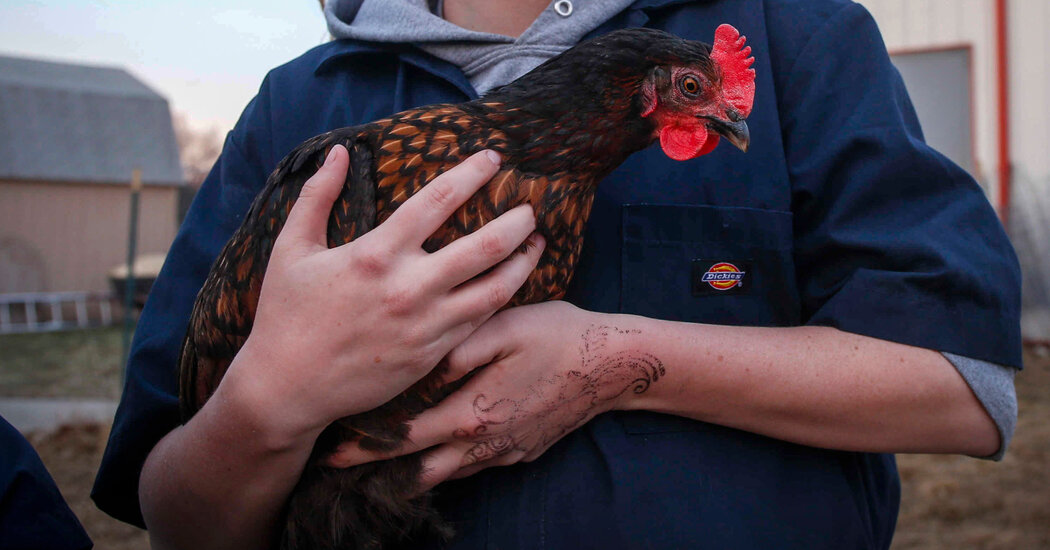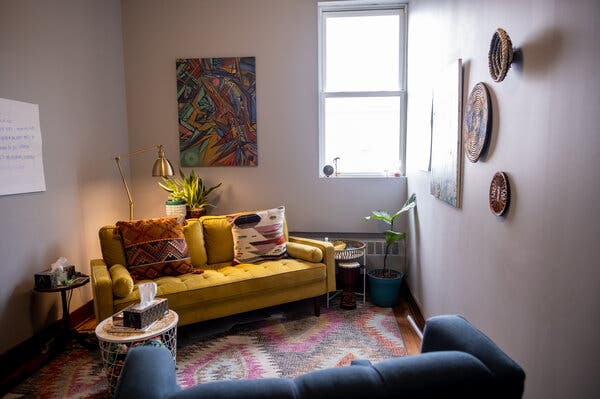The death of George Floyd and other high-profile police killings have helped encourage African-Americans to seek treatment, mental health experts say.In the aftermath of the police killing of George Floyd in Minneapolis last year, mental health experts around the country say they have seen an increase in the number of African-Americans seeking therapy, a group whose skepticism of the practice has been documented by researchers.Jamil and Sara Stamschror-Lott, the founders of Creative Kuponya, a mental health practice in Minneapolis just minutes from where Mr. Floyd, a Black man, was murdered, said the demand for therapy had “gone through the roof” over the past year. The couple said 31 percent of their practice’s clientele are Black.“We’ve seen everything that the nation has seen from afar, from folks in civil unrest and devastation, despair,” said Mr. Stamschror-Lott, who is Black. The couple said that some residents were overwhelmed and exhausted by the events of the past year, and that there remained a “great deal of pain and trauma.”Researchers have often found a hesitancy toward therapy among Black people. A 2013 study found that they were not very open to acknowledging psychological problems and were concerned about stigma, especially Black men. In 2007, researchers called the underuse of mental health services among Black people a “serious concern.”Mr. Stamschror-Lott’s therapy practice, Creative Kuponya, is near where George Floyd was killed by the police in Minneapolis last year.Caroline Yang for The New York TimesSara Stamschror-Lott, left, the co-founder of Creative Kuponya, and Asha Williams, a licensed therapist at the practice.Caroline Yang for The New York TimesThat skepticism is part of a broader mistrust of the medical establishment by Black people, whose illnesses are more often misdiagnosed compared with other groups, researchers said. Historically, groups of Black people have been exploited by the federal government for medical studies. Black patients also tend to receive lower-quality health services, including for cancer, H.I.V., prenatal care and preventive care, according to research.However, there are signs of changing cultural attitudes toward seeking mental health treatment.Douglas E. Lewis Jr., a clinical and forensic psychologist in Decatur, Ga., said he was seeing more Black people willing to seek therapy now than in the past.“I think people are starting to see therapy for exactly what it’s always been, which is more of an insight, building, more of an opportunity to see things in a different perspective, reframing,” Dr. Lewis said. “It’s something that everyone could benefit from, not just people who may be diagnosed with a severe persistent mental illness.”About a third of Creative Kuponya’s clientele are Black, its founders said.Caroline Yang for The New York TimesDr. Lewis said some Black people were experiencing a form of “shared trauma” as a result of the news media’s coverage of the George Floyd case and other high-profile police shootings, sometimes resulting in increased anxiety or nervousness.“We’re being inundated with these things repeatedly,” he said, “and what I think increases and compounds these issues is that Black Americans in the United States already experience difficulties that seem to be linked to race already in their daily lives.”Racism, economics and parenthood are sometimes topics of discussion for Str8 Mental, a virtual group that provides a space for Black men nationwide to discuss issues affecting their lives, said Brad Edwards, the community organizer for Dear Fathers, a platform that tells stories of Black fatherhood. Str8 Mental meets monthly, and sessions, which allow at least 30 participants, are led by two Black male therapists.“Oftentimes as Black men, because we have not been taught to open up and discuss what we’re dealing with, we often think we’re dealing with those things alone,” said Mr. Edwards, who is Black. “These guys are really forming bonds. It’s purely strangers coming together, being an open vulnerable safe space and pouring into each other.”Mr. Edwards said Str8 Mental started nearly a year ago and was born out of the effects the pandemic had on the Black community. “We created this just to have an opportunity for guys to come and start to unpack,” he said. “I think that the talks around therapy and therapists has started to become more and more common in the Black community” over the past couple of years. At least 700 men have participated, he said.A string of large pharmacy chains have recently entered the mental health market. Since January, CVS has added licensed clinical social workers trained in cognitive behavioral therapy in more than a dozen locations, and Walmart and Rite Aid are working to provide similar services.In addition, there has been a growing chorus of celebrity voices advocating for mental health treatment, including the actress Taraji P. Henson, who started a foundation to eradicate the stigma around mental health issues in the Black community.Dr. Lewis said that he was pleased by the recent crop of programs and discussions around normalizing therapy in the Black community, but that more needed to be done.“We should all be working toward maintaining our mental health,” he said, “particularly when we’re facing increased visibility of police aggression seemingly without any justice.”
Read more →

